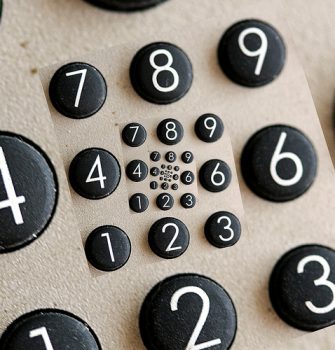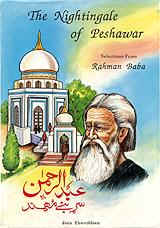Archive by Author
We’re on a break… Posted by Transparent Language on Jun 25, 2015
…but we’ll be back! As you may have noticed, the Pashto blog is currently on hiatus. In the meantime, we encourage you to look through the blog archives to keep the Pashto vocabulary, grammar, and culture fresh in your mind. If you or someone you know would be interested in contributing to the Pashto blog, please contact us…
Pashto Numbers 1 – 20 with video Posted by Transparent Language on Nov 8, 2012
We’ve created a simple table here with Pashto numbers through 20 for those of you who are new to learning Pashto. A video is included below with native speaker pronunciation. Listen to it a few times, and make sure to practice saying the words out loud too; this will really help you retain the information…
Time وخت Posted by Transparent Language on Jun 30, 2011
Pashtoons do not place as much emphasis on time as compared to other parts of the world, particularly the Western world where every task is performed in a timely fashion. Still, there exist certain significant activities that have to be performed at a scheduled time, such as offering prayers five times a day and going…
Business تجارت Posted by Transparent Language on Jun 15, 2011
Gave me a forged check. هغه ماله يو جعلی چيك راكړو He issued a post-dated check to delay the payment. هغه په ادايګۍ كښې د ځنډ كولو د پاره د يو راتلونكی تاريخ چيك وركړو. A bearer check is like a currency note. اے بی ار ر چيك هم د يو نوټ شكل دے. The…
Ordinal Numerals in Pashto Posted by Transparent Language on May 31, 2011
Ordinal numerals are numerals used to describe position and sequential order. Different kinds of ordinal numerals that can be used include partitive numerals, and multiplicative numerals. The following three tables define these three different kinds of ordinal numerals in Pashto. Table 1 depicts ranking ordinal numerals, Table 2 depict partitive numerals while Table 3 depicts…
Pashto Nouns Posted by Transparent Language on Feb 10, 2011
Nouns in Pashto are used to denote a place (زے), person (کس), thing (شے), quality (معىار), or action (کار). The noun may end in four different forms depending on the unique aspect of the sentence. The noun’s ending depends on whether it is singular or plural. For example if we say “there is only one…
Rahman Baba (1650—1715) Posted by Transparent Language on Nov 23, 2010
“Monarchy owes itself to the prayers of beggars” “I, Rahman, am a king because I am a beggar” Rahman Baba (whose full name was Abdur-Rahman), was a legendary Pashto poet who was known for his Sufism. He has enlightened Pashtoons through his legendary poetry for over 300 years. Pashtoons around the world honor Rahman Baba…






